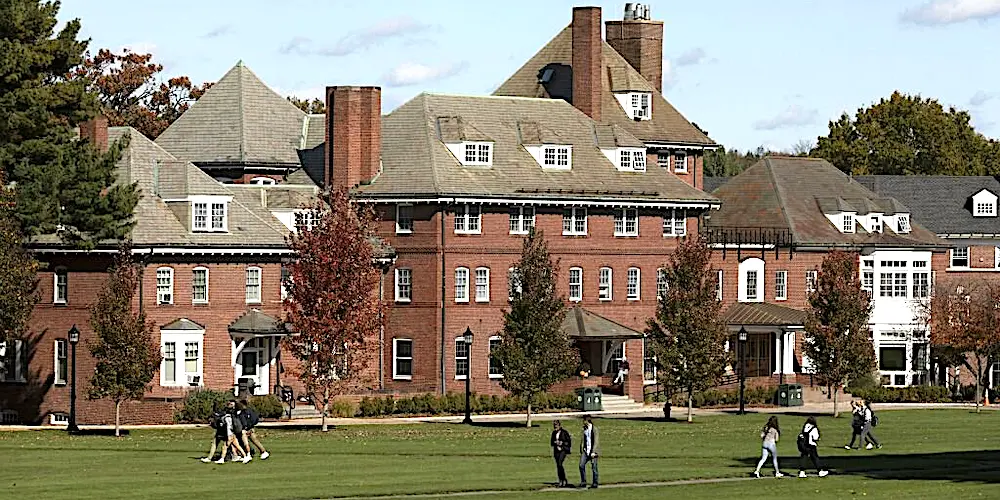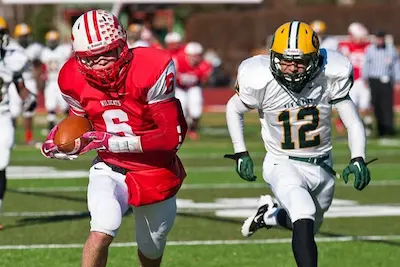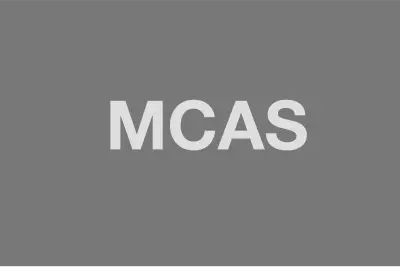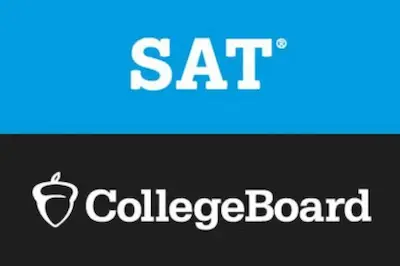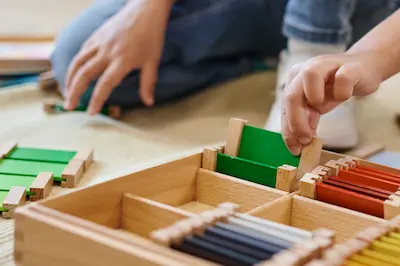Milton Academy is a prestigious private school located in Milton, MA, and serves students between kindergarten and 12th grade. The academy is a college preparatory school known for its strong academics and broad-based programs. Students can either board at the school or live locally.
The school’s mission statement...
Milton Academy cultivates in its students a passion for learning and respect for others. By embracing diversity and the pursuit of excellence, we create a community in which individuals develop competence, confidence, and character. Our active learning environment, in and out of the classroom, develops creative and critical thinkers who are unafraid to express their ideas and prepared to seek meaningful lifetime success and to live by our motto, “Dare to be true.”
Academics
The school has a strong academic program based on student exploration, collaboration, and interdisciplinary projects.
In the lower grades, children are encouraged to learn at the natural pace of childhood, with an emphasis on play. The focus is on discovery in a number of subjects, such as science, literature, social studies, mathematics, the performing arts, and the visual arts. Children learn to have an age-appropriate, nuanced understanding of these subjects.
Middle school academics is focused on growth, incorporating the curiosity, boundless energy, and increased sophistication of each student. Increasingly, students are given more responsibility and independence.
In upper school, learning becomes more discussion-based instead of lecture-based, and intense conversation in the classroom is encouraged. Students are helped to develop analytical and critical thinking and are encouraged to express their ideas. The course work in general is advanced, and many classes that are not labeled as AP are in fact above AP level. For students with special interests, there are a wide range of electives available.
After-school Programs
The Academy offers a broad range of age-appropriate after-school activities. In the lower grades, this includes French, Spanish, Chinese, chess club, and knitting, as well as music lessons and ice skating. In the upper grades, a broad selection of after-school enrichments are available in the form of clubs, including arts, improv, debate, film, meditation, investment, entrepreneurship, outdoor, robotics, and many more. Many cultural groups can be joined, and community service offerings are available to students as well.
Arts and Music
The arts are a popular and important part of the Milton experience.
Milton’s music program starts in the lower school, where students are exposed to the basics of rhythm and pitch, and the children are allowed to explore and experiment with different instruments. In the upper grades, the school offers opportunities for both experienced and inexperienced students with choral, instrumental, and jazz classes, as well as courses in music theory and history. Students may also take private lessons for credit from professional musicians in the greater Boston area or study at the New England Conservatory.
In the performing arts, students start to work as early as kindergarten on performing and public speaking, culminating in a 5th grade play. Courses are offered on a range of subjects, including theater, dance, speech and debate, theater design, and multimedia. Many performance opportunities are provided throughout the year.
In the visual arts, lower school children play and discover through traditional and non-traditional art materials, including woodworking. The emphasis is on process rather than product. Starting in middle school, more importance is placed on doing and producing art as well as developing different art expressions and materials. Classes are available in many visual art areas, including studio art, photography, film, printmaking, photography, sculpture, ceramics, and architecture.
Sports
The academy provides a broad selection of age-appropriate sports activities. Starting in 6th grade, the school offers interscholastic and intramural sports as well as physical education courses. Students have the opportunity to join a team or learn skills in a variety of sports in the school’s intramural program and physical education courses.
Fall sports offered include football, soccer, volleyball, field hockey, and cross-country. Winter sports include basketball, hockey, squash, swimming, and wrestling. Spring sports include baseball, softball, lacrosse, sailing, golf, tennis, and track.

